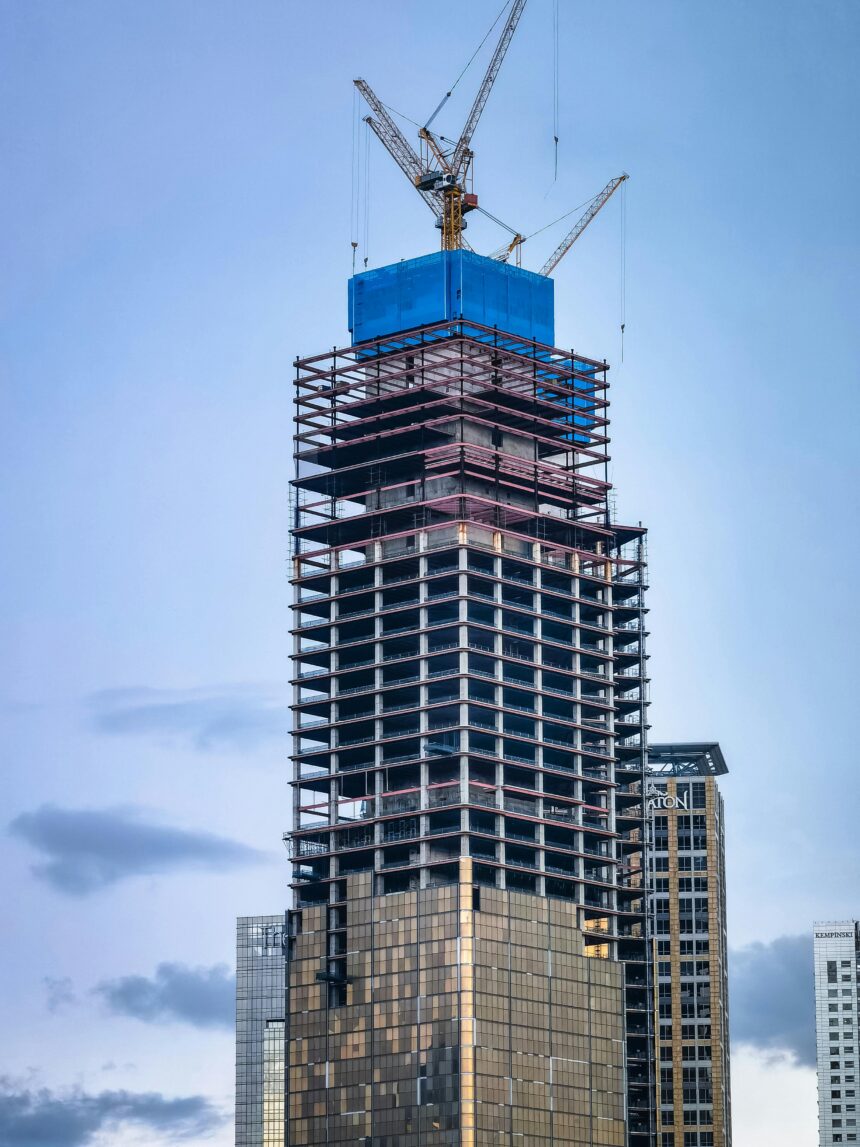Key Highlights:
- The Indian government is leveraging Artificial Intelligence (AI) to optimize urban planning and address the challenges of rapid urbanization.
- Initiatives such as the Smart Cities Mission and Centres of Excellence (CoEs) are driving innovation in infrastructure, resource management, and public services.
- AI applications are improving traffic management, waste disposal, energy efficiency, and citizen engagement.
AI in Urban India: Shaping a Sustainable Future
India, with its rapidly growing cities, faces mounting challenges in urban planning. The Indian government is adopting Artificial Intelligence (AI) to create smart, sustainable urban spaces that cater to the needs of diverse populations. From optimizing traffic flows to ensuring efficient resource allocation, AI is playing a transformative role in improving the quality of urban life while preserving resources for future generations.
Government-Led AI Initiatives for Urban Planning
Smart Cities Mission
Launched in 2015, the Smart Cities Mission aims to develop 100 cities across India into technologically advanced, citizen-centric urban hubs. AI is a cornerstone of this initiative, enabling smarter decision-making and improved service delivery.
- Traffic Management: AI analyzes real-time traffic data to reduce congestion and enhance mobility, particularly in high-density urban areas.
- Waste Management: AI-powered systems track and optimize waste collection routes, ensuring cleaner streets and reduced emissions.
- Public Safety: AI-driven surveillance systems detect potential threats and ensure rapid emergency response.
These AI-driven solutions help cities achieve the mission’s goal of fostering sustainability and improving residents’ quality of life.
Centres of Excellence (CoEs)
The Ministry of Housing and Urban Affairs (MoHUA) has established Centres of Excellence (CoEs) to address urban planning challenges through research and innovation.
- AI for Urban Issues: CoEs focus on developing AI tools for tasks like infrastructure development, land use planning, and disaster risk management.
- Cultural Integration: The CoEs also incorporate traditional knowledge from ancient Indian urban designs, blending modern technology with heritage.
These centers enable a collaborative ecosystem for academics, technologists, and urban planners to innovate sustainable urban solutions.
Real-World Applications of AI in Indian Urban Planning
- Predictive Urban Growth Management:
AI models forecast population trends and urban expansion, helping cities plan infrastructure needs like roads, water systems, and schools. - Energy-Efficient Smart Grids:
AI systems optimize energy usage, promoting renewable sources and reducing power wastage across urban networks. - Public Transportation Enhancements:
AI tools analyze commuter patterns to improve bus, metro, and rail services, offering better connectivity and convenience. - Citizen-Centric Urban Design:
AI-driven platforms allow citizens to provide feedback on city projects, ensuring that urban planning reflects the needs and aspirations of the population.
Overcoming Challenges with AI
While AI adoption in urban planning is a game-changer, there are challenges to address:
- Data Privacy and Ethics: Safeguarding personal data used by AI systems is critical to maintaining public trust.
- Infrastructure Gaps: Urban centers, particularly smaller cities, require upgrades in digital infrastructure to implement AI-driven solutions effectively.
- Capacity Building: Urban planners and administrators need training to understand and leverage AI tools.
The government’s efforts to bridge these gaps include skill development initiatives under Digital India and investment in urban digital infrastructure through programs like BharatNet.
A Vision of Smarter, Livable Cities
The Indian government’s integration of AI into urban planning reflects its commitment to building inclusive, efficient, and sustainable cities. By combining cutting-edge technology with a focus on citizen well-being, these initiatives are setting a benchmark for urban development worldwide. As AI continues to evolve, it promises to empower India’s cities to grow intelligently, ensuring a harmonious balance between progress and sustainability.


Leave a Reply